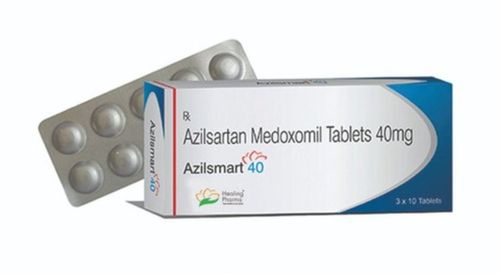This is an automatically translated article.
Clevidipine belongs to the group of L-class calcium channel blockers. The drug is prepared in the form of an infusion solution with the main ingredient being Clevidipine. Clevidipine is commonly used to treat high blood pressure.
1. What is Clevidipine?
Clevidipine belongs to the class of L-class calcium channel blockers, which is prepared in the form of an infusion solution. It is also used under the name Clevidipine butyrate. The drug has the main ingredient Clevidipine with a concentration of 0.5mg/ml. Clevidipine is a prescription drug, so you should only use it when prescribed by your doctor.2. What effect does Clevidipine have after use?
Clevidipine belongs to the group of dihydropyridine calcium channel antagonists. Clevidipine is considered the first generation 3rd generation intravenous insufficiency treatment. Many studies have demonstrated that the drug Clevidipine has the ability to slightly relax the smooth muscle cells of the arteries. Under this effect, clevidipine can widen vascular openings and dilate arteries, but does not decrease central venous pressure or cause a decrease in blood output. In addition, the drug Clevidipine also inhibits the contraction process of cardiac smooth muscle. From there, the drug can dilate the coronary arteries and improve oxygen supply to the heart muscle tissue.Clevidipine is metabolized mainly in blood and extravascular tissues. After entering the body, they are rapidly hydrolyzed to inactive metabolites. Clevidipine is eliminated from the body mainly in the urine and a small amount in the feces.
You may be asked to use Clevidipine to relieve varicose veins in cases where oral use does not work.
3. Instructions for using Clevidipine and dosage
Dosage may vary depending on the subject (age, weight, medical condition,...). Therefore, to have more accurate use for yourself, you should consult your doctor for more advice.
People with hypertension , can initially use twice as much for a short time (90 seconds). After the blood pressure has reached the target, the amount of medication increases so it will be less than double, every 5 to 10 minutes can be much adjusted. The amount of drug increases by about 1 to 2 / hour. Dosage of Clevidipine for Adults: In case Clevidipine has not been used before, the recommended initial dose is 1 to 2 mg/hour IV infusion. The patient can then use multiple maintenance doses of 4 to 60 mg/hour. For severe cases of hypertension, doses up to 32mg/hour can be used. Patients should not take Clevidipine more than 16mg/hour. If the patient can use oral Clevidipine, depending on the severity of the disease, it can be greatly reduced or stopped using the drug.
Patients need to use the drug exactly according to the dose and prescribed by the doctor, do not arbitrarily increase the dose of the drug. Failure to do so can cause an overdose, which manifests as an allergic reaction (urticaria, rash, rash, difficulty breathing, swelling of the lips/face and throat).
4. Unwanted side effects may occur during the use of Clevidipine
The side effects of Clevidipine can appear with different frequencies, the most common are vomiting, nausea, headache, acute renal failure. Some other side effects that Clevidipine can cause but less common: myocardial infarction , cardiac arrest.
5. Things to keep in mind while using Clevidipine
Clevidipine should be used with caution in people with high blood cholesterol levels, pancreatitis, aortic stenosis, kidney disorders, a history of allergy to eggs or bean products. this. During the use of clevidipine, patients may develop reflex tachycardia or systemic hypotension. The treatment in this case is to reduce the force of the drug combined with the treatment of tachycardia. Clevidipine belongs to the group of dihydropyridine calcium channel blockers, which can cause negative cardiac contractility and worsen heart failure in some patients. In case of using the drug for the group of heart failure subjects, it is necessary to monitor the patient's health status regularly. For many people who are pregnant or breast-feeding, there is not enough data to support the safety of the drug so far. Therefore, mothers and mothers need to carefully consider the benefits and harms that Clevidipine can cause. Due to the drug Clevidipine can cause some side effects such as headache, dizziness. Therefore, patients should not perform tasks that require high concentration after taking the drug. Clevidipine is effective in the treatment of high blood pressure. However, if the drug is not used correctly, it can cause symptoms that affect the user's health. Therefore, it is very important for patients to carefully read the accompanying instructions for use and consult a doctor.
Follow Vinmec International General Hospital website to get more health, nutrition and beauty information to protect the health of yourself and your loved ones in your family.
Please dial HOTLINE for more information or register for an appointment HERE. Download MyVinmec app to make appointments faster and to manage your bookings easily.













